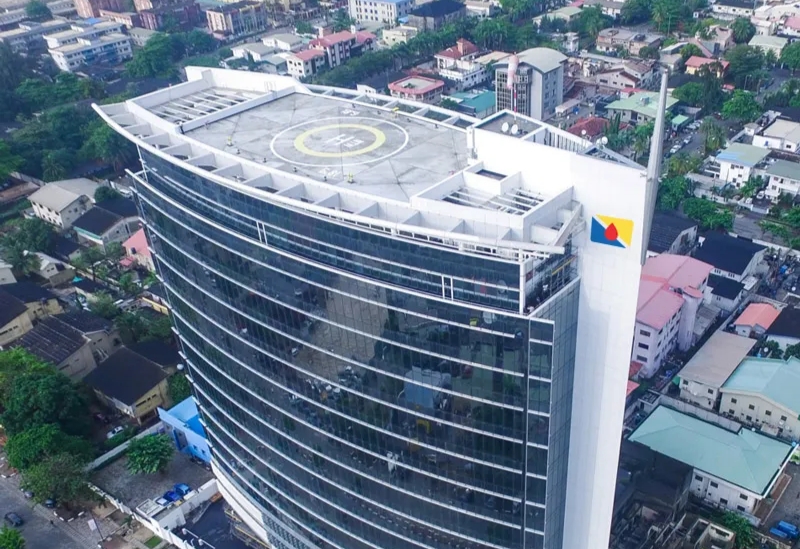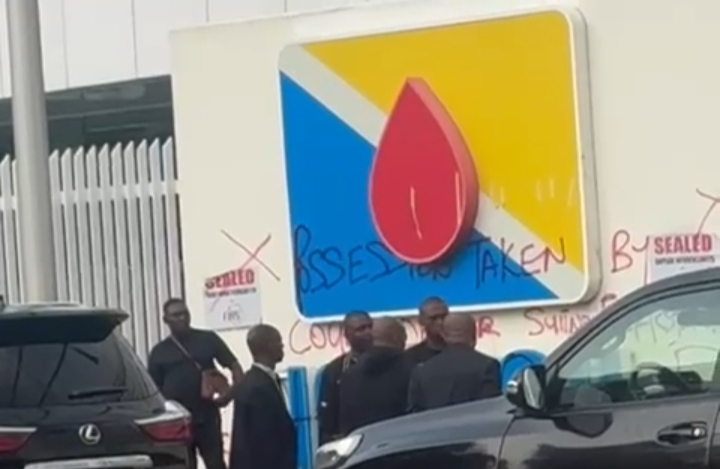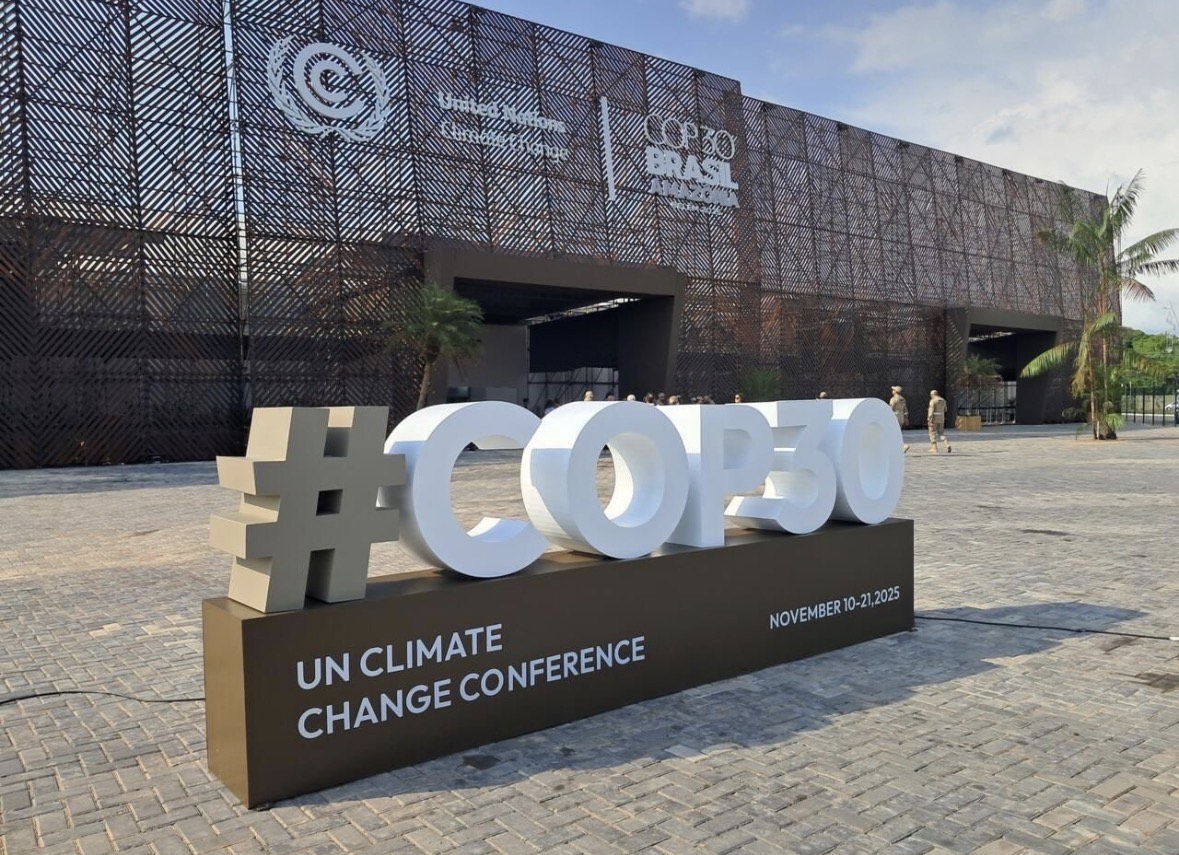Gbenga Sodeinde in Ado Ekiti
The ACT NAIJA Project, in collaboration with Ekiti State Government agencies, has intensified grassroots sensitisation across selected local government areas in the state to, educate residents on available social protection programmes and expand the state’s social register for poor and vulnerable households.
This outreach, was implemented by the consortium of three partners, New Initiative for Social Development (NISD), Africa Network for Environment and Economic Justice (ANEEJ) and Bread for the World (BfTW), Germany.
Speaking during the community outreach themed: “Inclusive Voices, Stronger Communities: Enhancing Social Protection Through Community Engagement in Ekiti State”, held in Ado-Ekiti, the State Programme Officer for ACT NAIJA Project, Rachel Olori, said the initiative follows a recent state dialogue aimed at deepening awareness and gathering feedback directly from beneficiaries.
According to her, the outreach targets men, women, youths and persons with disabilities, helping them understand the social investment initiatives they can access.
She added that the engagement also provides an avenue for residents to express grievances and for representatives of relevant ministries, departments and agencies (MDAs) to respond on the spot.
Olori explained that the project relies heavily on community focal persons, traditional leaders, mobilisers and gatekeepers who identify eligible residents and help convene them for the outreach sessions.
Her words, “The community outreach, following from the state dialogue which we implemented not long ago, this community outreach is to enlighten the community, the members of this community, it will also be implemented in other communities in the state. for the local governments that were selected.
“We will be enlightening the community members, men, women, youths, people with disabilities and the likes, about the existing social protection initiatives in the States, the active programs that have been implemented by the different MDAs and those that they can assess in their community.
“I would also use it as a feedback mechanism, to get responses from the beneficiaries in those communities about the programmes they benefited from, the programmes their families are currently benefiting from and for those that applied or registered and did not get approved to be on the list, so they would also get to hear their grievances.
“The representatives of those implementing MDAs present would provide responses and get first-hand knowledge about the cries of the people who are in those communities”.
Also speaking, the Desk Officer for the Cash Transfer Programme in Ado Local Government, Dele Adebayo highlighted the state government’s efforts to strengthen social protection by maintaining the social register from which all beneficiaries are selected.
Adebayo cited ongoing programmes such as the COVID-19 Action on Developmental Stimulus and the New Hope cash transfer, where beneficiaries receive stipends to cushion economic shocks.
He noted that over 30,000 residents have benefitted so far, with sensitisation carried out through ward facilitators, community leaders and direct phone notifications to beneficiaries.
On his part, the Head of Operations at the State Operation Coordination Unit under the Ministry of Budget, Kayode Longe said the state has recorded significant progress in enlarging the social register, which now captures nearly 100,000 households.
He acknowledged initial resistance from residents reluctant to identify as vulnerable but emphasised continuous enlightenment that the register is open to everyone, as circumstances can change.
Addressing concerns about political interference, Kayode stressed that community stakeholders, not politicians compile the list of vulnerable households, while the government only moderates the process.
He added that the state consistently provides a dedicated budget line for social investment programmes, citing previous administrations’ support for thousands of beneficiaries through monthly financial assistance






